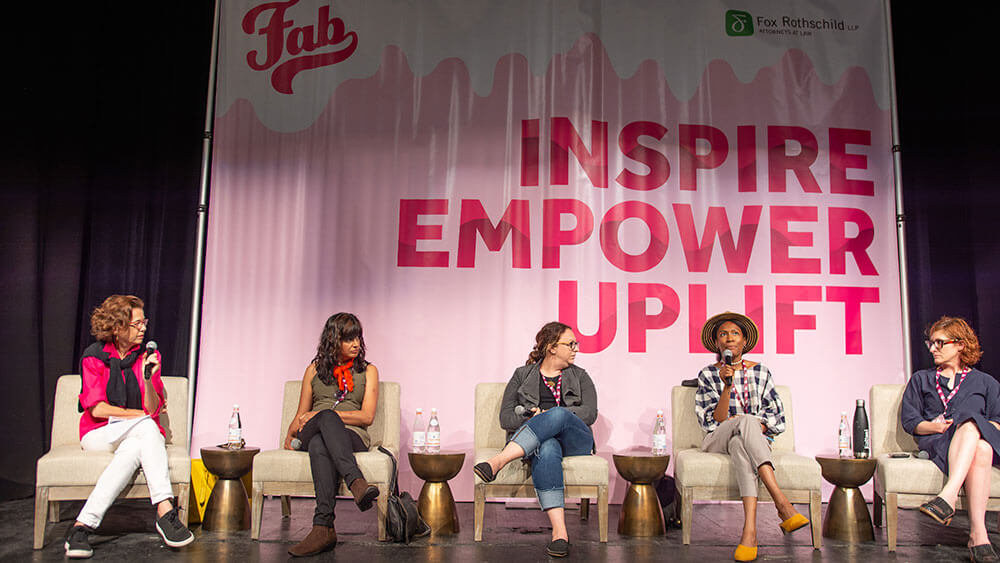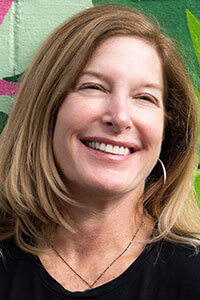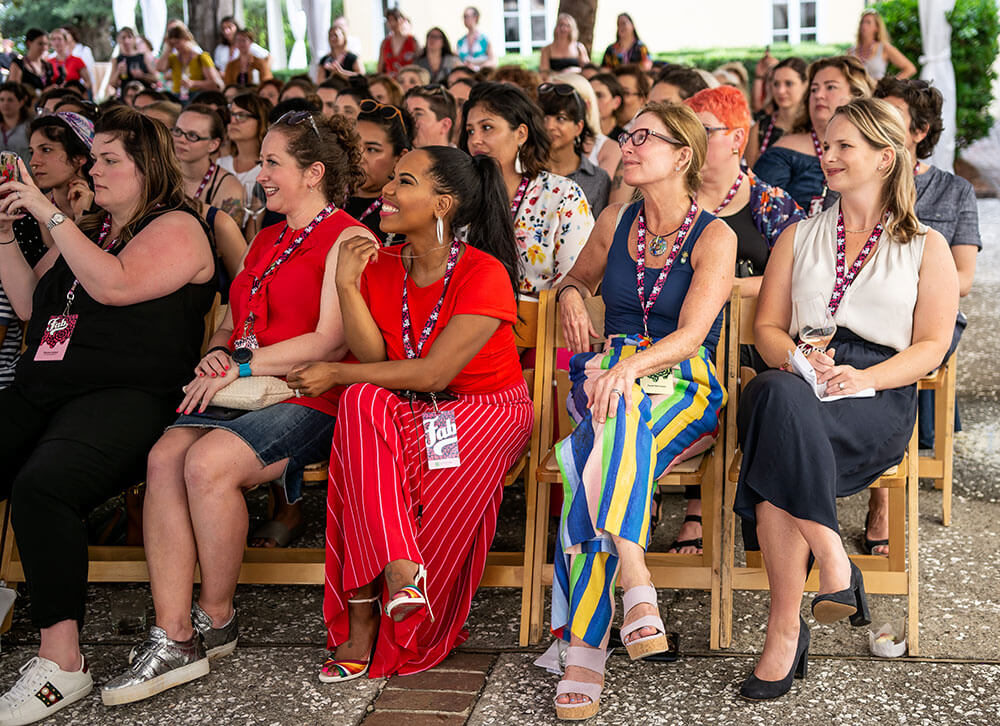
Women restaurateurs, chefs, and food journalists speak at the FAB Workshop, as well as participate in two days of hands-on sessions.
Last year, investigative reporter Joanna James celebrated her directorial debut with an 11-state screening tour of her award-winning documentary, “A Fine Line.” As James told Foodable Network, she initially set out to make a documentary about her mother, a chef. But then, she said, she was shocked to learn, having been “born into the restaurant industry” that less than 7 percent of chef-restaurant owners are women. So she cast a wider net, spotlighting the challenges women in the culinary industry face, including financial discrimination, lack of mentorship, work/life balance, and sexual harassment.
While gender inequity in the food industry may have come as a surprise at first to James, it’s something the Women’s Foodservice Forum has been addressing for more than three decades. The organization, which seeks to raise the voices of women in food service, reports that women are underrepresented in every subsector of the food industry, and that only one in five food industry execs are women.

Randi Weinstein (Reese Moore Photography)
Those stats resonate with hospitality veteran and former Charleston Wine + Food festival’s event director, Randi Weinstein. In 2017, she launched the FAB Workshop in Charleston, South Carolina, a women-only event for professionals in the hospitality/F&B sector to help them empower each other in an “incredibly safe space.” The first conference attracted more than 230 attendees and featured 30 nationally recognized women in the hospitality/F&B community as speakers. The event grew in 2018 and again in 2019, when 260 women joined 56 notable women restaurateurs, chefs, and food journalists for two days of workshops.
The fourth edition of the conference will take place June 14-16, 2020, again in Charleston. Convene spoke to Weinstein about why she continues to make FAB a women-only event.
All of your attendees and speakers are women. What challenges does this pose?
You look at the industry and it is primarily made up of male owners. But when you look inside the business, it’s primarily female-run. There are so many more women internally running these operations [yet] I have the unique problem of men who don’t understand FAB. But I need their buy-in to say to their [female] team members, “I just heard about this incredible workshop I want to be able to send you to it.” It’s one of those things where I tell women to speak up and I try to talk to men about the virtues of FAB.
Would you consider adding men to the lineup? What might that change?
Having it be all female is the most cathartic thing for so many of the women attending because FAB is this incredibly safe space. They find a network that becomes their people and they’re able to have this group they can go to to ask any question. That’s been great. But there’s no male bashing. It’s all about communication and how to be able to do your job effectively. If we had men at this conference, these conversations just wouldn’t happen in the organic manner that they do.
How do you navigate panels or discussions that address tough topics?
I try to have all of the panelists have one or two phone calls with each other before they come so it’s not an uncomfortable panel for both them and the attendees to sit through. That’s also why I bring the speakers to my house when they first arrive to really be able to meet one another, to put a voice to a face. I’ve noticed that this makes a panel go so smoothly because panelists have developed a relationship with each other. I don’t want everyone to have the same opinions, but I want everyone to know where those opinions are coming from. And there’s another thing — I tell people that this is a zero bullsh*t workshop. If you’re not going to come and do this with all your cards on the table and be willing to share your experience, then you can’t come.
Strong words. That sounds like a tough ask.
For younger women who either want to become restaurant owners or want to move up in this industry, I wanted FAB to be this “oh, sh*t” moment. I wanted them to be like, “Oh, this is so much more than I thought it would be,” and not think that it’s so easy. The only way to get that message across is to have people that have navigated this road be completely and blatantly honest and really forthcoming on the panels. And it seems to be working. I had one attendee email me and say, “This is the only workshop I’ve attended that gave me tangible takeaways.”

The FAB Workshop brings women together to inspire, educate, and empower one another in an industry designed around serving others.
